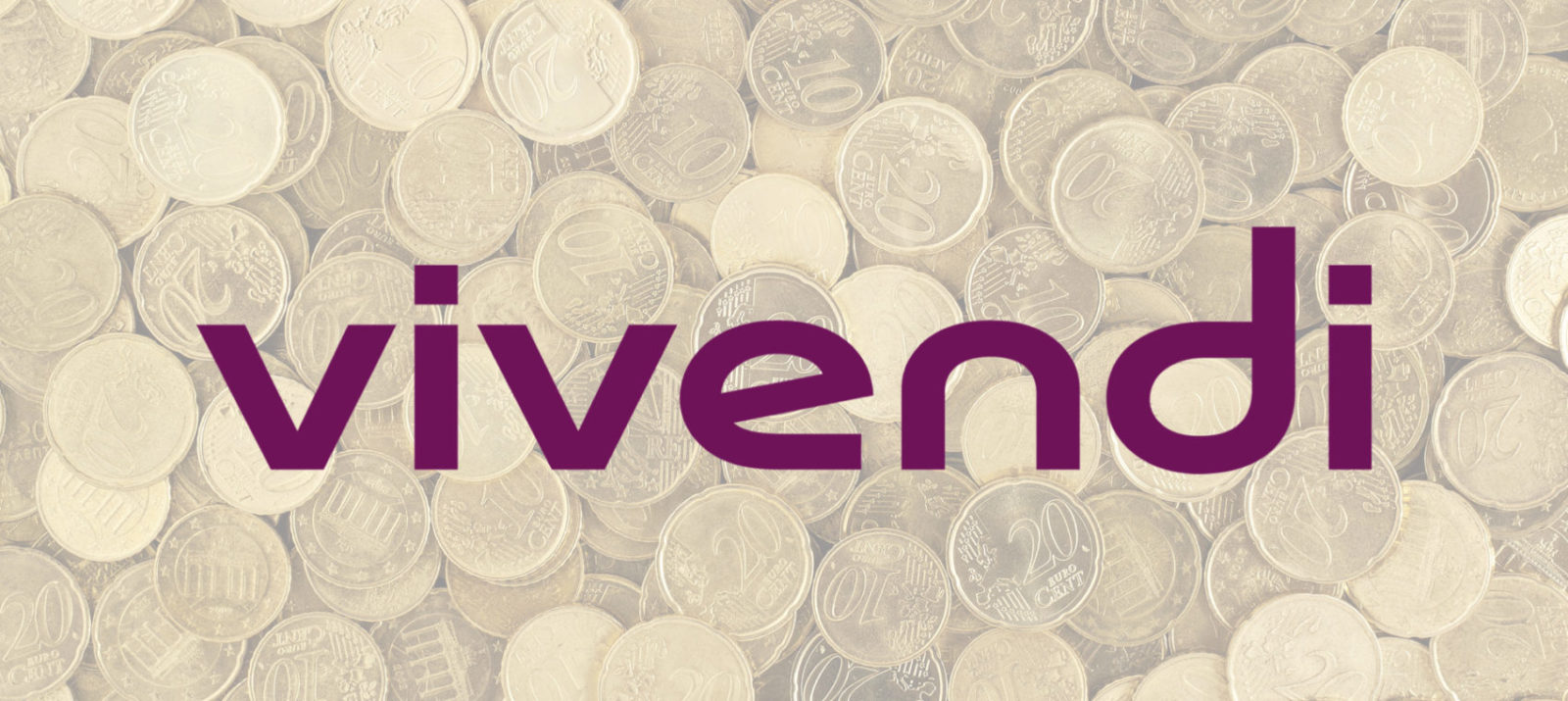The Media Weekly: Wind of truth carrying change around the world
Two weeks ago, we looked at how Putin’s propaganda machine was, perhaps for the very first time, beginning to show signs of vulnerability as it met with reality on the frontlines. Yesterday, Marina Ovsyannikova – an editor at Russia’s state-run Channel One – interrupted a live broadcast to tell the channel’s audience the truth…
Bringing down Town Hall from the Inside
“Stop the war, don’t believe propaganda, they’re lying to you,” read the homemade sign that Marina Ovsyannikova held up to Russia – and the world – as she burst onto the set of Channel One’s flagship fake news programme during a live broadcast last night.
‘Her anger had been building,’ reported The Guardian in documenting the moment, which represented a key development in the evolution of Russian media. Even Putin’s own propaganda machine could not keep the truth from simmering to the surface.
Of course, the situation for Ukraine remains a dire one, as it also now appears to be for Ovsyannikova, who has been arrested and – at the time of writing – is currently on trial. However, in prelude to the event, the editor recorded a statement, which has by now made its way around the world:
“What is happening now in Ukraine is a crime, and Russia is the aggressor country. The responsibility for that aggression lies on the conscience of only one man, and that is Vladimir Putin.”
Crossing Divides around the Globe

For the BBC, pioneering diversity, inclusion, and equality around the world has become almost second nature in recent years – as its 5050 Project has demonstrated many times over. More recently, the organisation has also been extremely proactive in its efforts to report what is really going on in Ukraine.
This week, as part of the celebrations surrounding its centenary year, the BBC also announced the launch of a new programme being run in conjunction with the British Council, which will train 1,000 young people from 100 countries in ‘Deep Listening’.
Deep Listening is a technique which encourages people to enter conversations with humility and an open mind, leading to conversations with less acrimony and more understanding. It’s been found to be beneficial for adversarial discussions whether between colleagues, across political divides and even within the family by encouraging curiosity and attention.
Tim Davie, Director General of the BBC, says: “The ability of the BBC to air diverse views and facilitate open debate is central to our role in a divided world. So we are delighted to partner with the British Council on this project to celebrate BBC 100. Training young people from 100 countries with deep listening skills and sharing some of their journeys on the BBC can encourage many more people to take part in respectful challenging conversations”.
Finding new concepts for change
Another company that has taken a leading role in real media’s fightback against fake news since the onset of the war in Ukraine is Axel Springer. With the Russian invasion now in its third week, prominent representatives from the economic and political spheres including German Federal Chancellor Olaf Scholz and European Central Bank President, Christine Lagarde, will meet at the 13th WELT Economic Summit.
Taking place at Axel Springer’s headquarters in Berlin, guests from German and international politics are responding to the question: “War in Europe/Germany’s dependency – How radically must we change our course?”
Mathias Döpfner, CEO of Axel Springer SE commented, “Vladimir Putin’s invasion of Ukraine is a threat to democracy and the market economy. This makes it all the more important for the world of politics and the economy to debate in a personal dialogue with one another about what consequences and options for action this presents for all of us. Transformation through trade has shown itself to be an illusion. We need new concepts.”
Community-driven Capitalism

For Vivendi, owner of Canal+, Havas, Dailymotion and now also Prisma Media, it’s been a week to showcase strong results, as the company posted a +10.4% increase in 2021 revenues compared to 2020.
However, far from celebrating, the company used it financial statement to address the current war in Ukraine:
‘Vivendi’s Supervisory Board, which met today under the chairmanship of Yannick Bolloré, discussed the war in Ukraine at length. The Group is doing its utmost to provide significant logistical and financial aid to the Gameloft and Havas Group teams present in the country. Even though Vivendi’s financial exposure in Ukraine and Russia is very low, the Group remains extremely vigilant about the direct or indirect impact that the conflict may have on its business activities and is preparing for any eventuality.’










